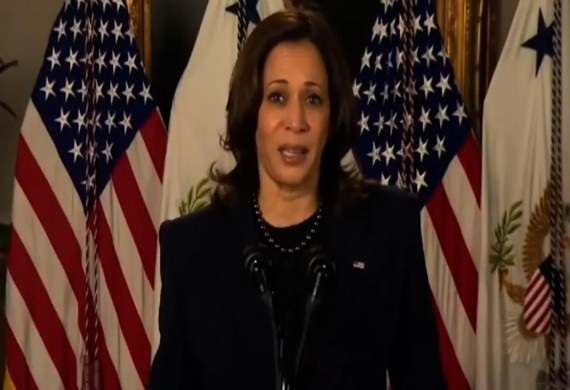
The 65th Session of the UN Commission Calls for Equality for Women in Decision Making
By: Navyasri C N | Monday, 29 March 2021
The 65th session of the UN Commission on the Status of Women (CSW) that was conducted virtually, starting two weeks ago, ended on 26th March. The final day was marked by the commission adopting a document that recognizes the need to significantly accelerate the pace in ensuring women a place in government and public sector leadership.
The session was held to consider the priority theme of “Women's full and effective participation and decision-making in public life, as well as the elimination of violence, for achieving gender equality and the empowerment of all women and girls."
The ‘Agreed Conclusions’ acknowledge that temporary special measures, such as quotas, and increased political will are needed as an enabling pathway to this goal.“This is the first session of the Commission on the Status of Women in 15 years to engage with the issue of women’s participation in public life and these Agreed Conclusions make important advances,” said Phumzile Mlambo-Ngcuka, Executive Director, UN Women.
The ‘Agreed Conclusions’ were negotiated by the 193 U.N. member nations and adopted by consensus by the Commission's 45 members. More than 25,000 members of a civil society registered to attend the partially in-person but mostly virtual conference. The event included over 200 side events led by member states and more than 700 events led by civil society leaders, according to the United Nations Women's Agency.
Attempts by some Western countries to convince the commission to accept gender nonconforming and transgender women however remained unsuccessful. The best they could come up with was a reference to "women and girls who face various and intersecting types of prejudice" as well as "difficult circumstances and conditions."
The European Union said it would have like to see "more ambitious language" in the 23-page document, stressing that "the systematic attempts by some delegations to derail the process and question international commitments and obligations on gender equality show that the pushback against women's rights continues."
"Russia has been very vocal and on the front lines" in pushing "for language that is often regressing and that seeks to deny women and girls... their rights." The Holy See often joined their positions, and Saudi Arabia, Bahrain, and Cuba were also vocal opponents on many issues,” said Shannon Kowalski, Director of Advocacy & Policy for The International Women's Health Coalition.
Russia played an exceptionally disruptive role in the negotiations, an EU diplomat said. Saudi Arabia highlighted that any reference to gender means women and men and to marriage as between women and men. China has confirmed that it would not join the international agreement on the status of women's human rights defenders.
The commission supports the important role of civil society in promoting and defending all women's human rights and freedoms, including women's human rights defenders, in the document.
"Areas in the outcome document do not please everybody, and the conclusions could have been more ambitious and the recommendations even bolder and decisive," said, U.N. Women Executive Director Phumzile Mlambo-Ngcuka. She urged member states to use the guidelines only as a basis and to go above and beyond what is specified in the ‘Accepted Conclusions’.
Despite some improvement, the commission noted that women still have a long way to go to achieve equality with men in elections and appointments to decision-making bodies and administrative positions.
It also acknowledged that temporary special interventions, such as quotas, might help increase women's representation in national and local legislatures. All governments were urged to set clear goals and deadlines to achieve a 50/50 gender balance in elected roles.
As the world is turning digital, violence against women in the digital world is also increasing at an alarming rate. The commission noted the lack of preventive measures and remedies played a key role here. Member states were suggested to take action to encourage women's digital participation and protect them from crimes such as cyberstalking and cyberbullying.
The commission also urges the government to provide information on sexual and reproductive health and HIV prevention, gender equality, and women's empowerment to adolescent girls & boys and young women & men with appropriate direction and guidance from parents and legal guardians.
On a positive note, Kowalski said that the commission's meeting saw “very strong; leadership" from several Latin American and Pacific island countries and the "really strong and vital return of the United States as a leader and defender of sexual and reproductive health and rights, gender equality and women's rights ore broadly."
The appearance of U.S Vice President Kamala Harris was the highlight of the meeting. She said, "The status of women is the status of democracy" and President Joe Biden's administration will work to improve both.


.jpg)



